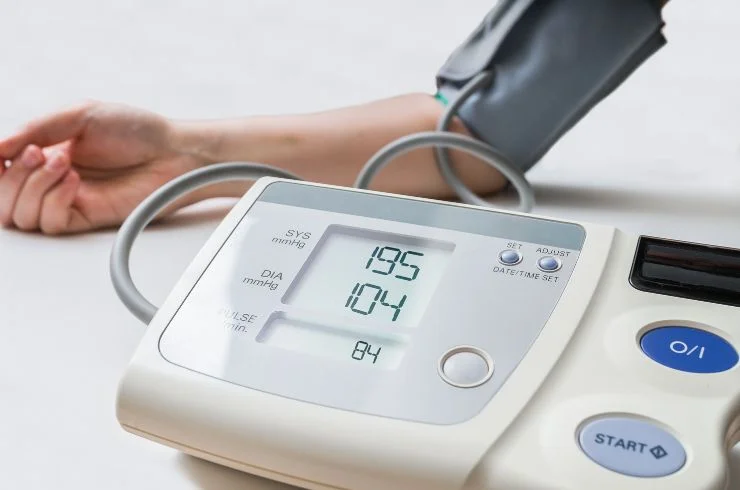
Hypertension, commonly known as high blood pressure, is a widespread health issue that occurs when the force of blood against artery walls remains consistently elevated. Known as a “silent killer,” hypertension often doesn’t show symptoms, making regular monitoring essential for early detection. Blood pressure is measured in millimeters of mercury (mm Hg) and consists of two readings: systolic pressure (the first number) measures the pressure in arteries during a heartbeat, while diastolic pressure (the second number) reflects the pressure when the heart rests between beats. At Khadke Hospital, we recognize a reading of 130/80 mm Hg or higher as a sign of hypertension, which should be managed carefully to avoid health risks.
Uncontrolled hypertension can lead to severe health complications, including heart disease, stroke, kidney damage, and other serious conditions. Factors that contribute to high blood pressure include genetics, poor diet, physical inactivity, obesity, excessive alcohol intake, and stress. Understanding and managing these risks are essential, which is why Khadke Hospital emphasizes regular check-ups and screenings, especially for individuals with a family history of hypertension or those over age 40. Early intervention can significantly reduce the likelihood of complications and support better overall health.
At Khadke Hospital, managing hypertension is possible through lifestyle changes and, when necessary, medication. A heart-healthy diet rich in fruits, vegetables, whole grains, and lean proteins can help lower blood pressure. Regular physical activity, maintaining a healthy weight, and using relaxation techniques like meditation or yoga also play a critical role. If lifestyle modifications alone aren’t enough, our healthcare team may recommend medication to control blood pressure effectively. By taking proactive steps, patients can reduce their risk of hypertension-related complications and lead healthier, more active lives.